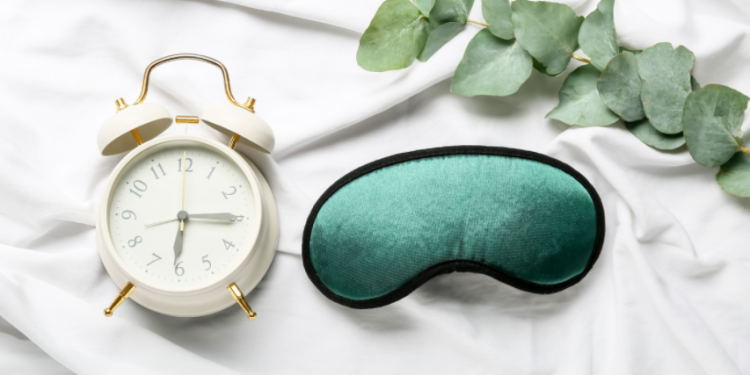by Jonathan Chung, DC
Sleep is arguably the most powerful and least expensive treatment we have in our arsenal to help support brain health. We all know this intrinsically, and most of us really do want to get more sleep. For most of us, getting a good night’s sleep helps us feel better throughout the day, but the latest research in neuroscience is showing us that patients who were sleep deprived had 1.68 times the risk for developing cognitive impairment or Alzheimer’s Disease.
In order to understand how sleep can impact our risk of dementia, we have to understand an important piece of anatomy called cerebrospinal fluid (CSF). CSF is a water-like substance that acts as a cushion inside of our head and serves to protect the brain from the jagged edges inside the skull. CSF also plays a role in the transportation of nutrients and waste that can build up in the brain and spinal cord. From a clinician’s stand point, procedures like spinal taps are an important diagnostic tool because we can see evidence of infection or degeneration that has entered the brain.
The role of CSF in brain disease has gotten stronger recognition in the last decade and more recent neuroscience studies are pointing to a massive role of deep sleep. A groundbreaking study published in 2013 by Xie et al. showed that sleep increases the flow of CSF through a mouse brain, and this increased flow cleaned removed the toxic protein clumps associated with Alzheimer’s disease. This system wasn’t working during the mouse’s awake phase.
Said another way, the system responsible for cleaning our brains of a toxic protein that causes Alzheimer’s Disease works primarily in sleep.
This was a massive finding that changed our understanding of why sleep is a powerful contributor to recovery. But does this effect happen in humans? So far, studies are saying yes. Three major papers corroborate some of the early findings seen in mice:
- A PET scan study by Shokri-Kojori et al. on healthy patients showed that just one night of sleep deprivation increased the buildup of beta-amyloid by 5%.
- A study by Fultz et al. using functional MRI, EEG, and CSF flow measurements has identified an electrical signal that precedes a rush of increased spinal fluid movement during sleep.
- Finally, a longitudinal study by Lucey et al. studied patients with Alzheimer’s disease and used sleep-tracking data. The study showed a strong relationship between loss of deep sleep and greater Alzheimer’s pathology.
So what does this mean for patients with brain injury?
We know a history of brain injury puts some patients at higher risk of neurodegenerative disease. While the big suspicion is that the brain damage itself contributes to the disease process, there’s also a possibility other physiologic processes from brain injury could be drivers of dementia.
A well-known phenomenon after concussion is an increased prevalence of sleep disorders following the injury. Patients with concussion have poorer sleep quality and feel worse on waking than patients without a concussion. A variety of sleep disorders associated with concussion include sleep apnea, insomnia, circadian rhythm disruption, and narcolepsy. No matter what the disorder is, the result is a loss of the healing potential of deep sleep.
This has become such an important issue in my clinic, that if any concussion patients have any reported problems with sleep, I consider referring them for a sleep study right away. Prevention of dementia and neurodegenerative disease is certainly a consideration, but a loss of sleep is also going to impair the results patients can get from post-concussion syndrome.
We can do some amazing things rehabilitating the brain in patients with persistent concussion problems, but there will be barriers to cognition and pain improvement if the patient continues to sleep poorly.
Jonathan Chung, DC is the founder and upper cervical chiropractor at Keystone Chiropractic and Neuroplasticity in Wellington, Florida. Learn more about their cervical vestibular rehabilitation program at www.chiropractickeystone.com.











